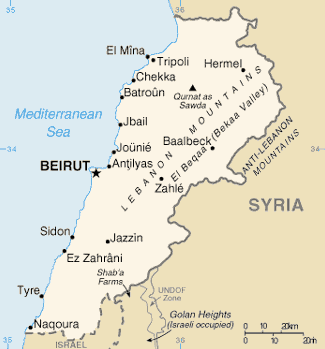
Compare Luke 6:39; 11:37-41
The scribes and Pharisees accuse Jesus of violating “the tradition of the elders,” but he one-ups them by pointing out that they and their tradition actually violate “the commandment of God.”
In the Marcan account, the Savior cites Isaiah to describe them:
He answered and said unto them, Well hath Esaias prophesied of you hypocrites, as it is written, This people honoureth me with their lips, but their heart is far from me. Howbeit in vain do they worship me, teaching for doctrines the commandments of men. For laying aside the commandment of God, ye hold the tradition of men, as the washing of pots and cups: and many other such like things ye do. And he said unto them, Full well ye reject the commandment of God, that ye may keep your own tradition.
It won’t be the last time that he’ll cite that passage from Isaiah.
In the spring of 1820, he’ll quote it again, this time to the young farm boy Joseph Smith:
I was answered that I must join none of them, for they were all wrong; and the Personage who addressed me said that all their creeds were an abomination in his sight; that those professors were all corrupt; that: “they draw near to me with their lips, but their hearts are far from me, they teach for doctrines the commandments of men, having a form of godliness, but they deny the power thereof.”
In the first century, the Lord was reminding the scribes and Pharisees that the ethical and spiritual commandments are far more fundamental and important than are outward ritual prescriptions. In the nineteenth century, he was denouncing apostate deviations from revealed doctrine and principles. Once again, human wisdom had been substituted for divine revelation. It’s a pattern.

(Wikimedia Commons public domain image)
Tyre and Sidon, major coastal cities still today in the nation of Lebanon, were plainly outside of Jewish territory, and the Syrophoenician or Canaanite woman is obviously a gentile. That’s the necessary background here.
Jesus tests her. And she passes with flying colors.
This foreshadows the eventual taking of the gospel to the gentile nations. But, despite this exception, the time was not yet.
Incidentally, the King James then came she and worshipped him of Matthew 15:25 would be better rendered in today’s English as but she came and knelt before him [ἡ δὲ ἐλθοῦσα προσεκύνει αὐτῷ].










